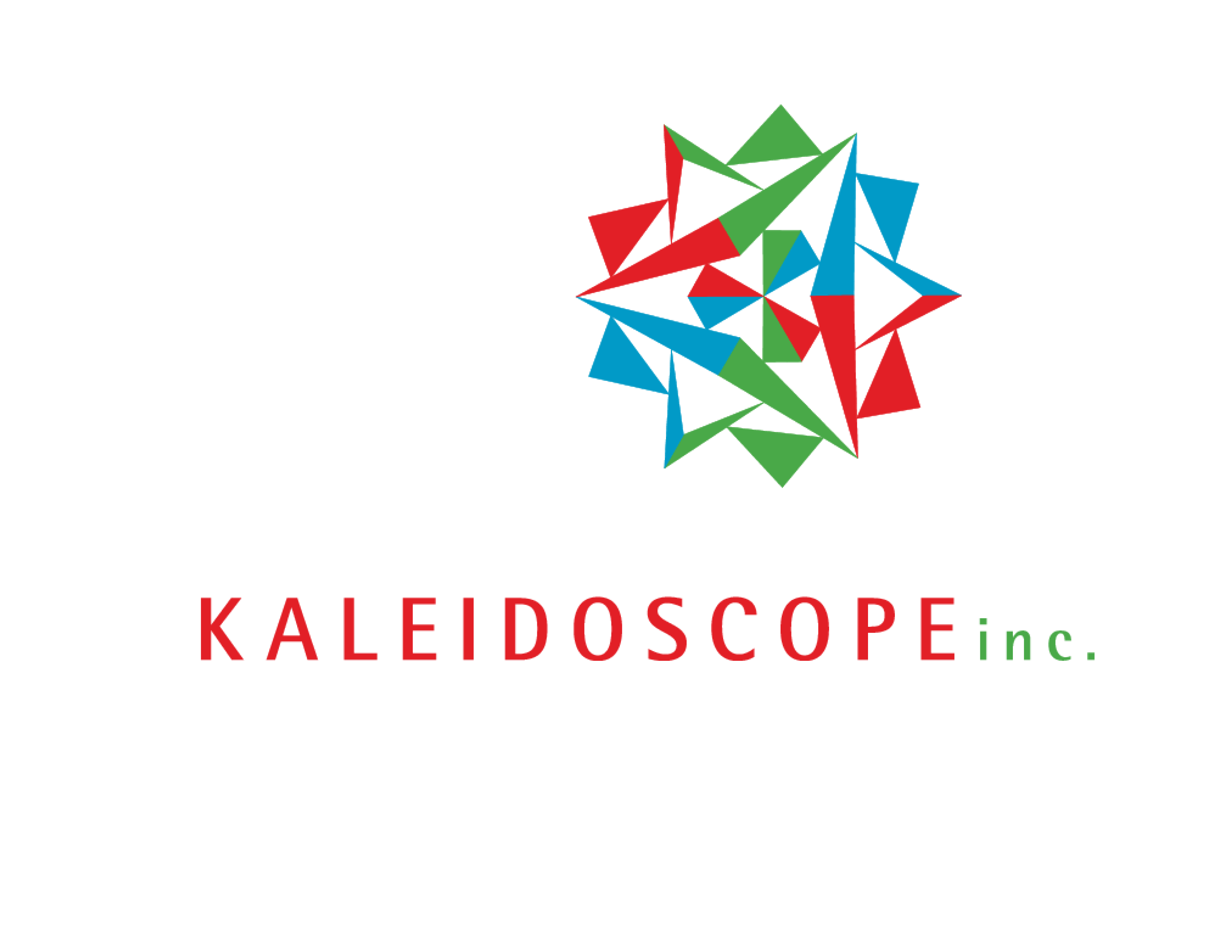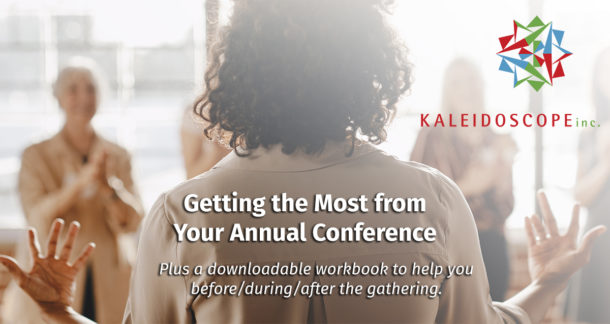Preparing for the conference
Annual camp conferences are more than just a place to connect with old friends and let your proverbial hair down for a couple of days. They are a place to learn, make new connections, and grow as a professional. To get the most from conferences, take time to capitalize on all opportunities.
Connections – who do you want to meet?
I once had an executive tell me that the number one reason he goes to conferences is to find out who he wants to work with in the future and who he is never going to hire. Whether you are going to the conference yourself or helping those you lead get the most out of them, it’s important to note that how you show and behave can influence your career path. Even though the camp networks many of us are a part of go beyond work-only and the lines blur between professional and personal, make sure that your behavior reflects how you want to be seen and known.
Push yourself out of your comfort zone. Send an email ahead of time and ask for time with a handful of people you believe you can either learn from or help with something. Being mentored and mentoring others is a foundational piece of a strong career in camping. Be intentional and a bit bold about making these connections!
Do your research — what pre-reading can or should you do to prepare?
Research keynote speakers and workshops you want to attend. You will get more out of the workshops if you do your homework ahead of time. If you can go into workshops with a baseline level of knowledge about the presenter and topic, you are better poised to get more depth out of the content, and you have next-level questions to ask that will benefit you and the others in the room.
Review the Vendor list – are there specific vendors you need to connect with? Others you are curious about?
Think of these folks as resources for you. Don’t just look at them as salespeople. Instead, understand that they are experts in their niche of camping and have similar goals as you.
Camp networks thrive on people who have and share information. It’s a generous community. Get to know these educators and information sharers. But, more importantly, soak up all that you learn so you can be one as well.
Get personal – what are YOUR learning objectives?
Nobody knows your strengths and weaknesses better than you. When you take time to be strategic about what you want to learn, you can fill in gaps in your knowledge and impress your boss (whether that’s the camp executive or board of directors). More importantly, when these folks know that you are taking this seriously, they are more likely to invest in other similar opportunities that can help you grow.
If you are attending with a team, it may be helpful to think through this question together. Do you want to divide and conquer – attending different workshops so that you can maximize team learning? Or, you can attend workshops together. Regardless, be sure to regroup daily to share what you have learned.
Are there things in the area that you want to see of do?
Book the later flight. It will be worth it!
During the conference
Take notes and reflect daily on take-aways.
At the moment, we all think we will retain every bit of goodness we have gathered. But, if you’ve done a few of these conferences, you know that isn’t true. The best conference attendees take notes at each workshop and keynote, highlighting key takeaways. These notes become your reminder and talking points for gatherings with your team during and after the conference.
Decide what you want to learn more about.
Perhaps a topic was introduced to you during a workshop that you want to dig deeper into. Typically, a one-hour seminar is only intended to introduce you to an issue and give you a few actionable items to test out. So make it a goal to identify at least one or two topics you want to explore further.
Make a list of action steps you want to take now and those you wish to address later.
Every workshop you attend should have at least one action item with which you need to follow up. Keep a list. Some of these things can be done immediately. Others will need time to get team members on board and plan for more thoroughly.
After the conference
Write a report and a thank you note
Regardless of the position you hold, you report to someone or some group of people. These people must know that you value the investment they made in you and have gained new knowledge and insights to help you do your job even better than before.
Take time to write a report and a thank you note. These two pieces will be appreciated and, without even asking, help you make a case for the next conference or educational event you want to attend.
Follow up with vendors
Remember those vendors that were experts that you learned from. Follow up with them. Thank them for their sponsorship, sharing of information, and time. If appropriate, there may even be spaces where you want to explore a working relationship. Do it! Conferences aren’t possible without the support of these businesses. If they can add value to your organization, please use them!
Wrapping it up
Conferences aren’t cheap. Between registration, travel, lodging, and food, sending a person or team to a conference is an investment. Make it worthwhile!
To help, we’ve created a conference planning worksheet. Use it for yourself, or ask your team members to spend time in their planning before the conference! Guaranteed, with a bit of intention, you’ll double the impact of your conference!

